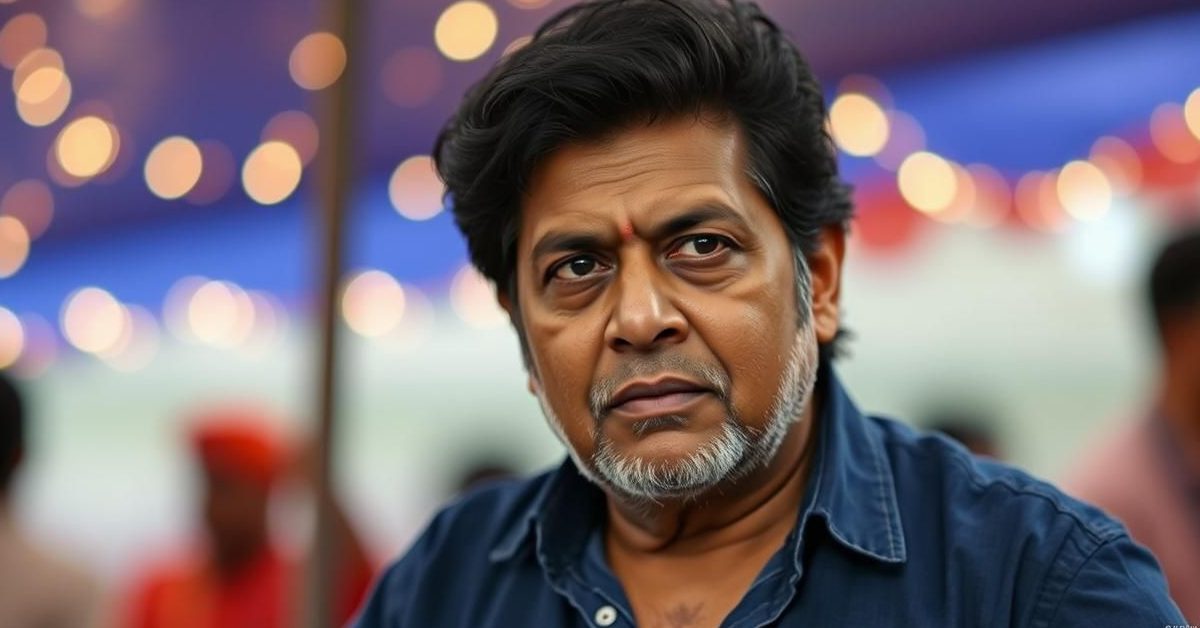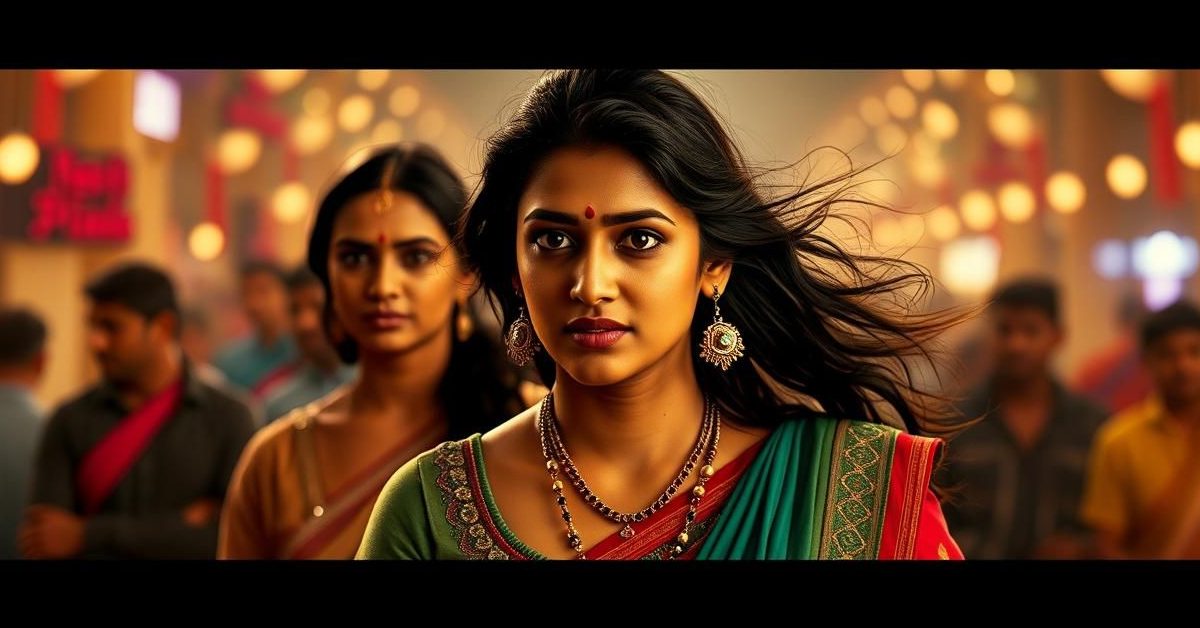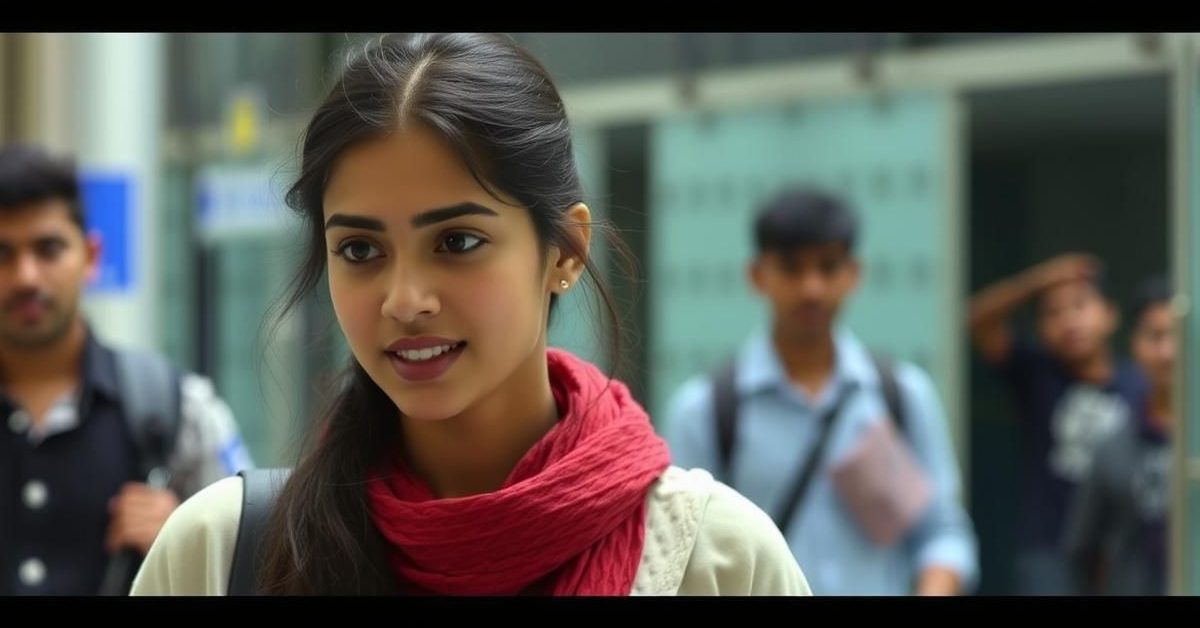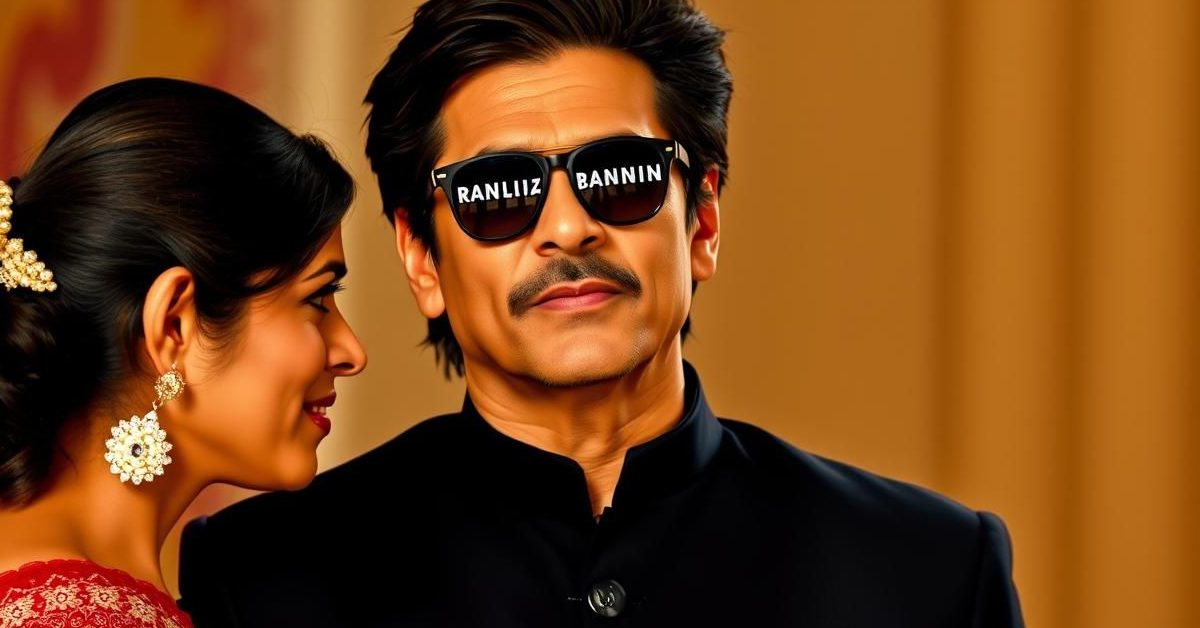Veteran actor Ashish Vidyarthi recently shared a candid story about his early days in the Hindi film industry, revealing a surprising encounter at a prayer meet that highlighted the unique nature of Mumbai’s movie world.
Stepping into Bollywood
Ashish Vidyarthi, a National School of Drama alumnus, made his move to Mumbai in 1992, eager to build a career in Hindi cinema. He quickly landed roles in several notable films, including Ketan Mehta’s Sardar, Govind Nihalani’s Drohkaal, and Vidhu Vinod Chopra’s 1942: A Love Story. Despite his early success, he was still navigating the unwritten rules of the bustling industry.
A Somber Introduction to Industry Protocol
Vidyarthi recounted his first experience attending a prayer meeting in Mumbai, following the sudden death of filmmaker Mukul S Anand. Anand was directing Vidyarthi in Dus, an ambitious film starring Salman Khan and Sanjay Dutt, which unfortunately was never completed. Vidyarthi shared that they had just returned from shooting in Utah, making Anand’s passing even more sudden.
An Unsettling Scene
Speaking on Cyrus Broacha’s podcast, Ashish Vidyarthi vividly recalled the atmosphere at the prayer meet. As a newcomer, he felt completely out of place. “I’d never been to a prayer meeting in Mumbai. The first time I land up, everybody’s wearing white, with dark sunglasses,” he explained. He, on the other hand, was dressed in color, making him feel like an odd one out.
When Business Calls at a Wake
The situation became even more surreal as Vidyarthi was leaving. Feeling somber and respectful, with folded hands and a bowed head, he was approached by a filmmaker. This individual touched his elbow and, in a measured tone, said, “Very sorry. Next week dates ki baat karte hain (let’s discuss dates next week).”
Vidyarthi was taken aback, responding with the same respectful gesture before wondering what had just transpired. He reflected on the industry’s professional approach to grief, noting how conversations often turn hushed and formal, much like in a hospital setting, even when personal connection might be minimal.
Mourning in the Digital Age
Vidyarthi also touched upon how public mourning has evolved, particularly on social media platforms like X (formerly Twitter). He observed the common phrase “Om Shanti. Gone too soon.” This expression, he noted, has become a safe and predictable way for many to convey condolences.
He humorously speculated that if he were to pass away, people might say, “Gone too soon. Amazing talent. Was never used by the industry.” He concluded that society, in a way, often adheres to a certain performed appearance of grief, understanding the unspoken expectations.
- The Mumbai film industry has unique social customs, even in times of mourning.
- Business discussions can unexpectedly arise even in solemn settings.
- Public displays of grief, especially on social media, often follow predictable patterns.
Vidyarthi’s anecdote offers a glimpse into the blurred lines between personal and professional life within the highly competitive and interconnected world of Indian cinema.















